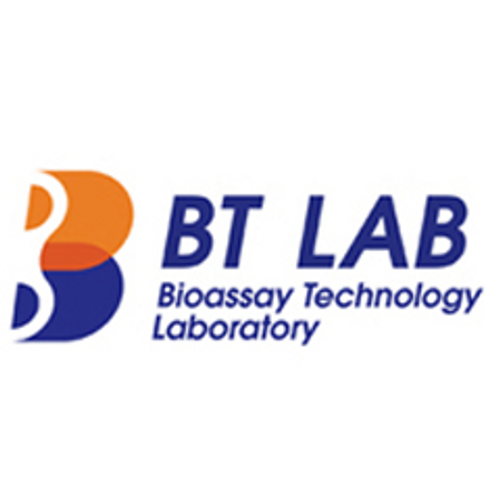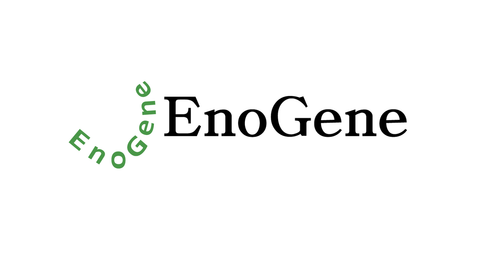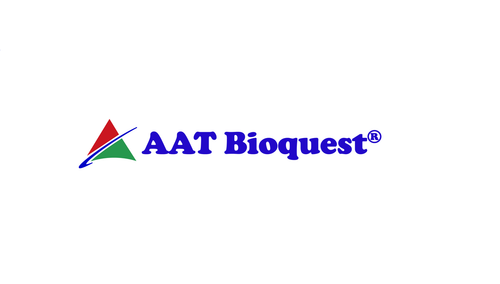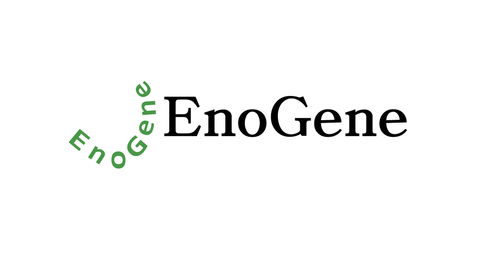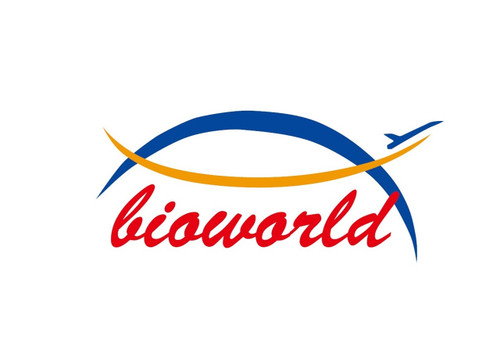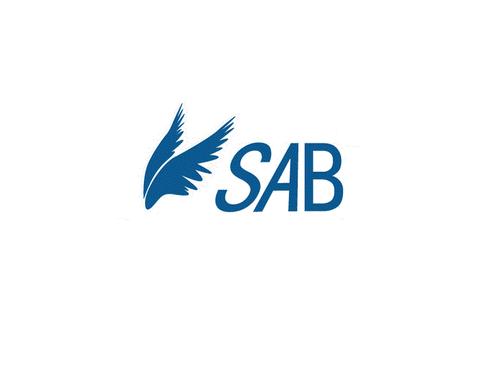Product Description
PAK1/2 (phospho-T423/402) polyclonal Antibody | BS5029 | Bioworld
Host: Rabbit
Reactivity: Human,Mouse,Rat
Application: IHC
Application Range: IHC: 1:50~1:200
Background: Three isoforms of serine/threonine kinases, designated αPAK p68, βPAK p65 and γPAK p62, have been shown to exhibit a high degree of sequence homology with the S. cerevisiae kinase Ste 20, involved in pheromone signaling. The α, β and γPAK isoforms complex specifically with Rac1 and Cdc42 in their active GTP-bound state, inhibiting their intrinsic GTPase activity leading to their autophosphorylation. There are eight sites of autophosphorylation on γPAK, including Ser 19, Ser 141 and Thr 402, and phosphorylation of Ser 141 and Thr 402 is correlated with γPAK activation. Once phosphorylated and their affinity for Rac/Cdc42 reduced, the PAK isoforms disassociate from the complex to seek downstream substrates.
Storage & Stability: Store at 4°C short term. Aliquot and store at -20°C long term. Avoid freeze-thaw cycles.
Specificity: p-PAK1/2 (T423/402) pAb detects endogenous levels of PAK1/2 protein only when phosphorylated at Thr423/402.
Molecular Weight: ~ 60 to 70 kDa
Note: For research use only, not for use in diagnostic procedure.
Alternative Names: Serine/threonine-protein kinase PAK 1; Alpha-PAK; p21-activated kinase 1; PAK-1; p65-PAK; PAK1; PAKα; Serine/threonine-protein kinase PAK 2; Gamma-PAK; PAK65; S6/H4 kinase; p21-activated kinase 2; PAK-2; p58; PAK-2p27; PAK-2p34; C-t-PAK2; PAK2; PAKγ
Immunogen: Synthetic phosphopeptide derived from human PAK1 around the phosphorylation site of Threonine 423.
Conjugate: N/A
Modification: N/A
Purification & Purity: The Antibody was affinity-purified from rabbit antiserum by affinity-chromatography using epitope-specific immunogen and the purity is > 95% (by SDS-PAGE) .
Pathway: N/A
 Euro
Euro
 USD
USD
 British Pound
British Pound
 NULL
NULL

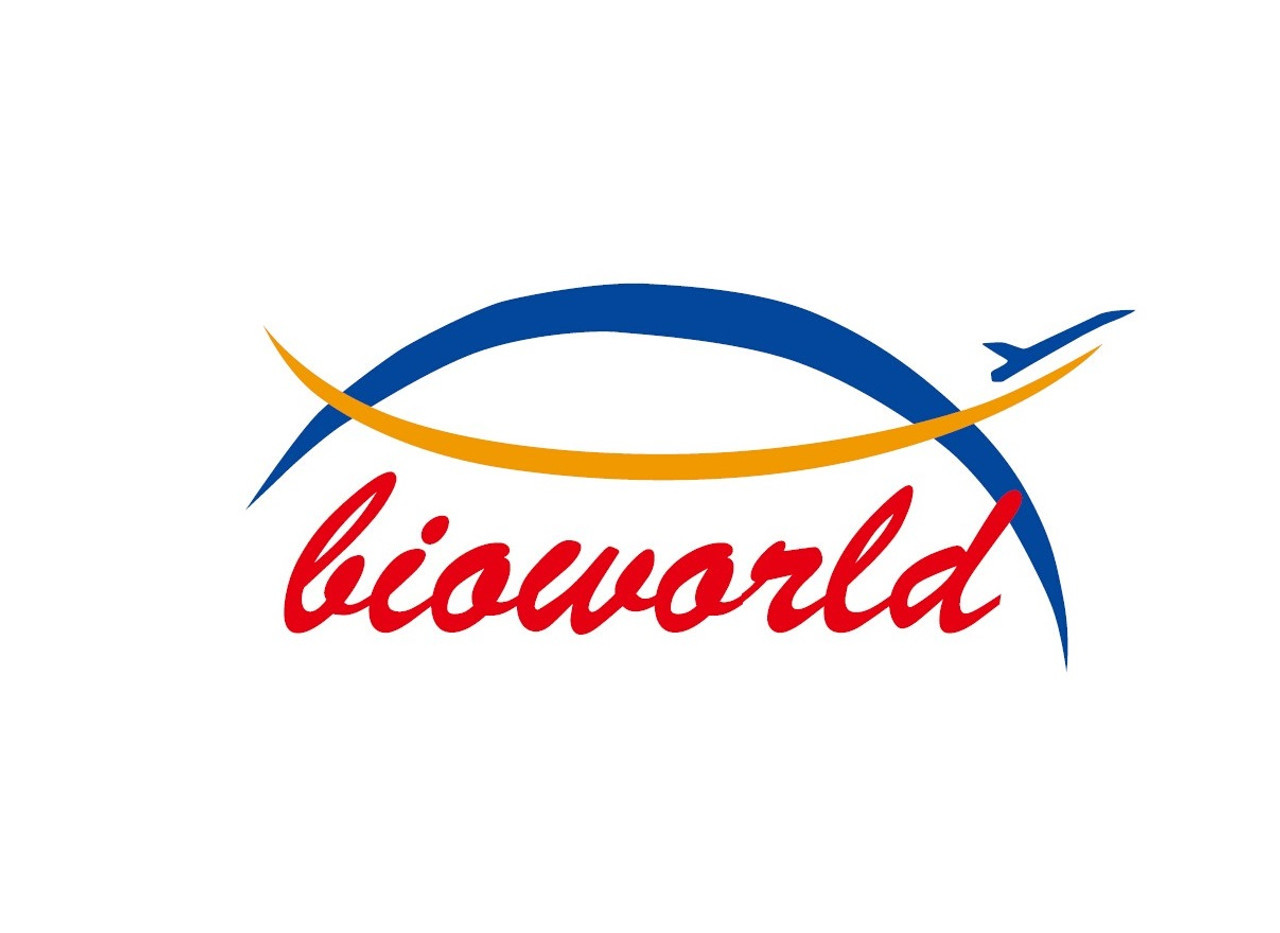



![Phospho-PAK1 (T423) Antibody [APR05184G] Phospho-PAK1 (T423) Antibody [APR05184G]](https://cdn11.bigcommerce.com/s-452hpg8iuh/images/stencil/500x659/products/867004/1159071/logo__92149.1659788186__84940.1659863459.png?c=2)
